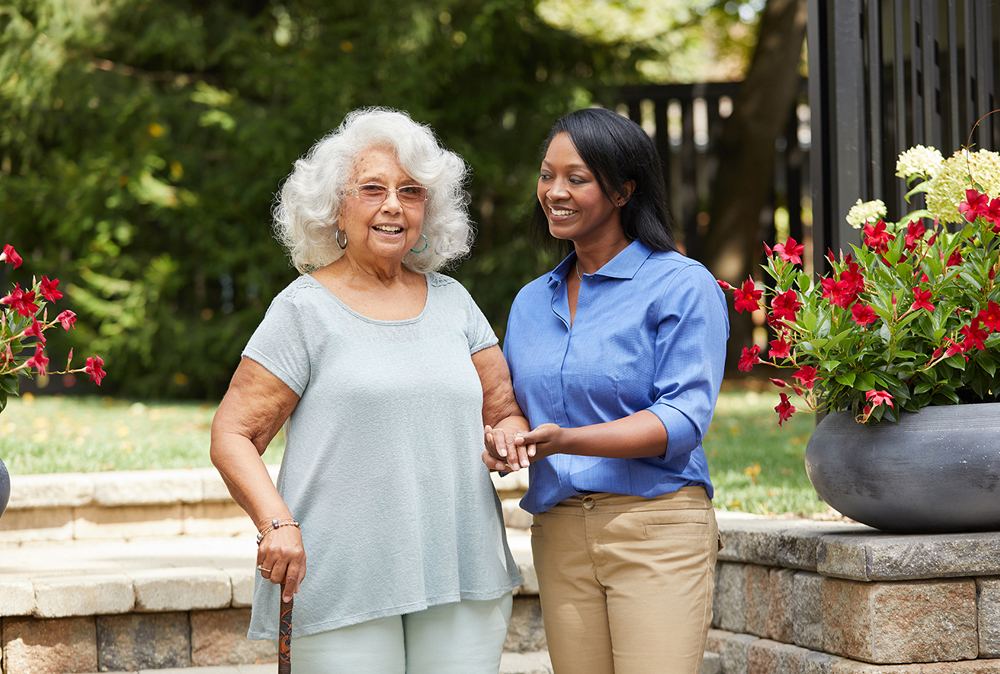A t-score measures your bone density and can provide a snapshot of your bone health. If your bone density is too low, you are at a higher risk for bone fractures.
Learn more about osteoporosis t-scores and how they provide important insight into your risk for osteoporosis.
What is a T-score?
Due to the natural ageing process, we all lose some bone mineral density (BMD) over time. But if this mass falls under a certain level, you are at a higher risk of injury and fractures (broken bones).
A bone density test indicates how healthy and strong your bones are. The most commonly used test is called a DEXA scan or a bone density scan. This scan is quick and pain-free.
By determining how much radiation passes through your bones and then allowing a computer to analyse the result, a DEXA scan can determine your bone mineral density. The results from your bone measurement are then compared to that of a healthy adult and a person of your same sex and age.
The results of your DEXA scan are displayed as a “T-score”. A score of 0 means your bone density is equal to that of a healthy young adult. A bone density t-score under zero indicates your BMD may be decreasing, exposing you to an increased risk for fractures and osteoporosis.
As shown in the table below, a T-score between +1 and −1 is considered normal or healthy.
Guide to Understanding T-scores
| T-score | Bone Mineral Density (BMD) | Fracture Risk |
| +1 to -1 | Healthy | Minimal |
| -1 to -2.5 | Osteopenia | Moderate |
| -2.5 to -3.0 | Osteoporosis | Elevated |
| -3.0 and lower | Severe osteoporosis | Maximum |
Who should get a bone density test?
According to the NHS, you may need a bone density scan if you are:
- A woman that is over 65 or a man that is over 70
- Over 50 with a risk of developing osteoporosis
- Under 50 with other risk factors, such as smoking or a previous broken bone
Although osteoporosis can affect people of any age, older postmenopausal women are particularly at risk. This is because the human body produces less estrogen after menopause, resulting in lower bone density.
How can I prevent osteoporosis?
Many people have genetic factors that predispose them to bone fractures and osteoporosis. Despite this, there are many lifestyle changes that you can make to increase your bone health and reduce your risks of fracture. These include:
- eating a healthy and nutritious diet that’s high in calcium
- spending more time in the sun to help increase your levels of vitamin D
- regularly exercising
- drinking less alcohol and stopping smoking
How We Can Help
People living with osteoporosis are at a greater risk of falling, resulting in injury and sometimes periods of hospitalisation. Frequent falls can significantly reduce your mobility and movement, as well as your confidence to complete day-to-day tasks and generally enjoy life.
For over 75 years, Prestige Nursing & Care has been providing high-quality home care services to individuals who require extra care and support to have an improved quality of life in their own homes and communities.
We provide care and support packages that enable you to live a happy and fulfilled life in the safety and comfort of your own home. The care we provide will be guided by you and tailored to your needs, giving you choice over how you live your life and the support you want.
We are here to take your call and will provide impartial support and guidance – contact our friendly care experts today to discuss your care and support needs.

